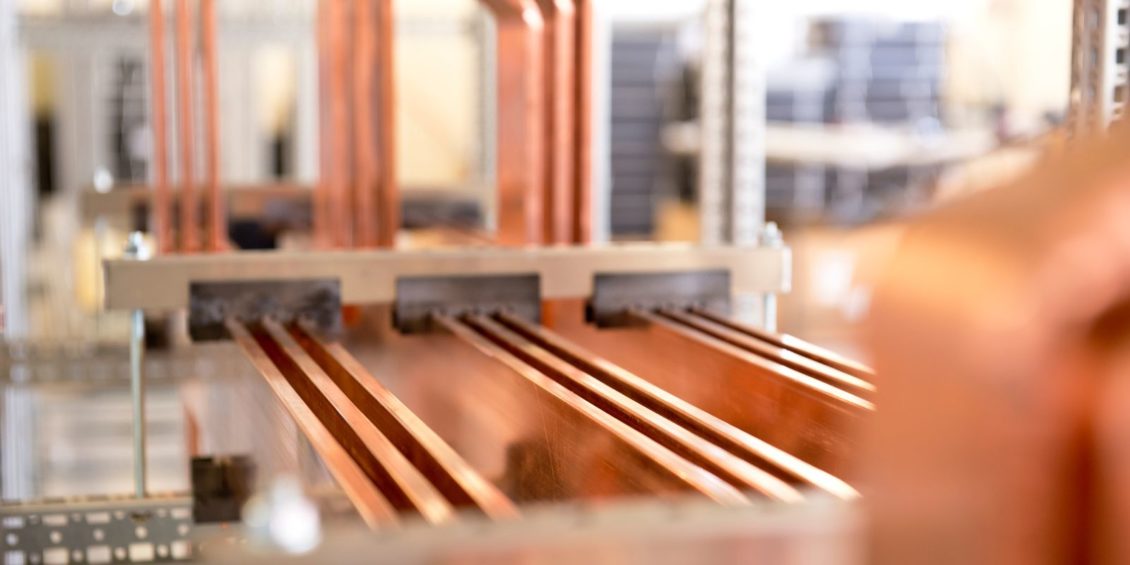Busbar electrical systems are also known as busbar trunking systems which are used to distribute electricity with ease and increased flexibility. While distributing electricity, two or sometimes more wires are connected to a single wire. In case of an improper connection, the insulation wire might be damaged due to heat generation. In such cases where there is a chance of open circuits, busbar electrical is used to avoid any mishaps by properly connecting the multiple wires in a safe way.
The busbar is an electric device used in power distribution systems that collects energy from an electrical system’s input side and distributes it to numerous output circuits. It serves as a link between the input and the output power. This blog gives an overview of what busbar electrical consists of and what are its types and advantages.
What is Busbar Electrical?
A busbar electrical can be defined as a conductor used to collect electricity from various incoming sources and then distribute it over to outgoing feeders. In simple words, a busbar electrical is a form of an electrical junction where all incoming and outgoing electrical currents come together. As a result, the electrical bus bar absorbs electricity in one location.
Bus bars are often built with copper or aluminium transmitting material. They are frequently employed as pipe or thin-walled tubes. They contain an isolator and circuit breaker, and in case of any fault, the circuit breaker trips off, and the faulty section is isolated completely.
Types of Busbars
There are many different sizes available in busbar electricals; they come in sizes of 40x4mm, 40x5mm, 60x8mm, 50x6mm, 80x8mm, and 100x10mm. These types of busbars electrical are used depending on various types of factors like cost, reliability, etc. The single type is employed in small substations where the continuous power supply procedure is not essential. A different variant is employed in large substations to prevent power distribution interruptions. There are many other types of busbars, including:
- Single bus bar electrical: This is the simplest to understand and easy type of busbar. In this, the transformers, feeders, and generators are all connected by circuit breakers. In case of any fault, the isolators are utilized to isolate specific parts of a busbar.
Advantages of single bus bar electrical:
- The initial investment is modest
- There is little upkeep necessary
- The procedure is straightforward
- Double bus bar system: Low- and high-voltage bus bars are duplicated in this type of busbar electrical system. In the case of this type of system, one busbar can be “activated,” making it easier to carry out repairs on the other when necessary.
Advantages of double bus bar:
- Provides flexibility and reliability
- No change in the electricity supply
- Sectionalized bus bar arrangement: In this type of bus bar arrangement, a sectionalized main bus bar is used with the auxiliary bus bar. For repairs, any piece of the busbar can be disconnected from the circuit and linked to any auxiliary bus bars. However, this form of configuration raises the system’s budget. Therefore, the auxiliary bus bar does not need to be sectioned because it would raise the system’s cost.
Advantages of sectionalized bus bar:
- Protects the system against power outages
- It is simple to add more circuits to the system
Collaborate With Well-Known Service Providers
Busbars are an important aspect of electricity distribution; they help ensure the safe and reliable distribution of electricity to various devices. When looking to invest in good quality busbars, we suggest going through the websites of various service providers and filtering out the best company that fulfils all your requirements.









Leave a Reply
View Comments